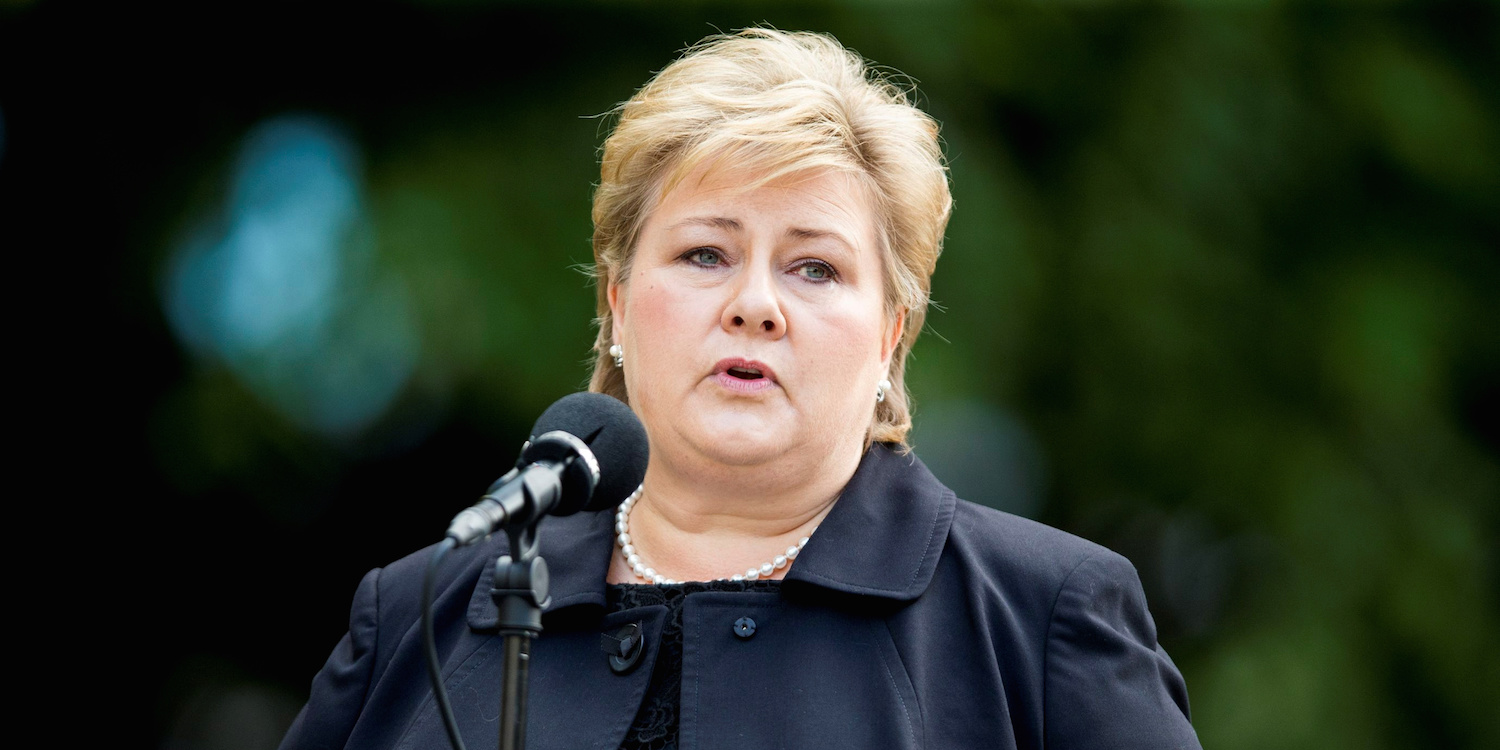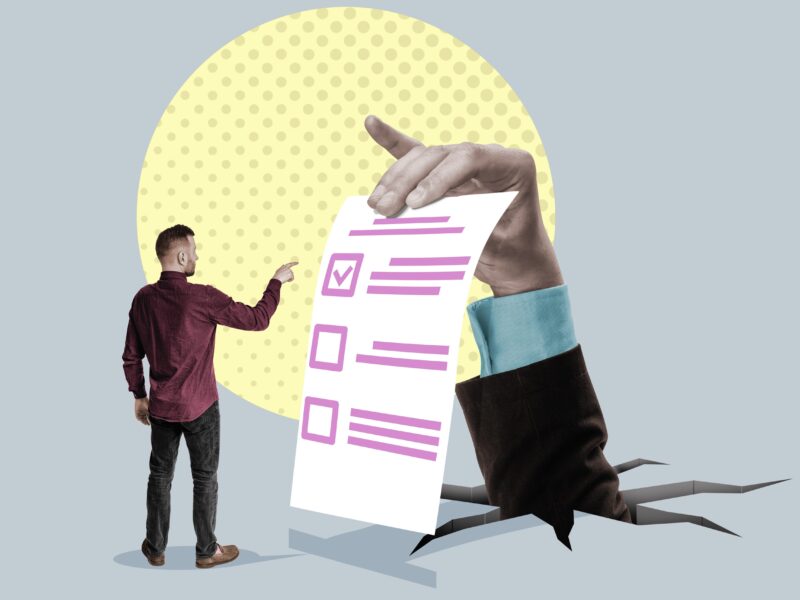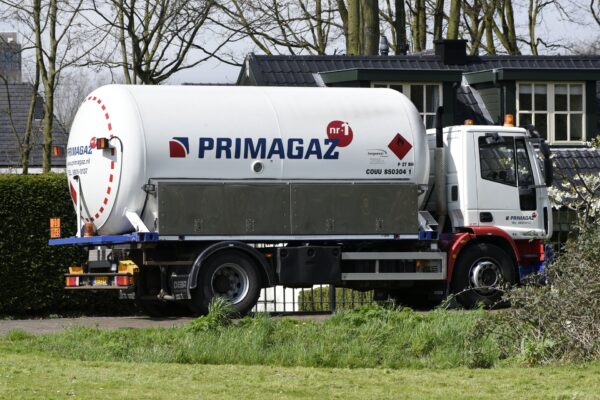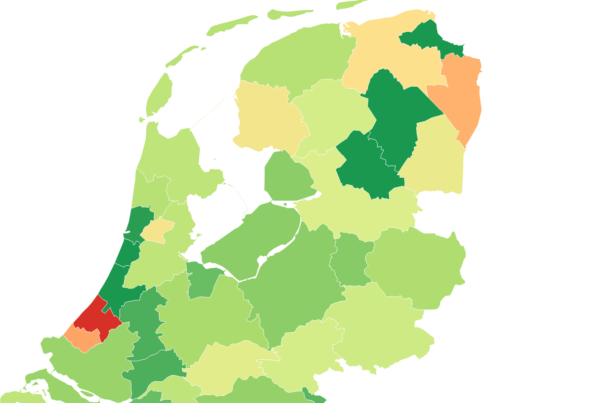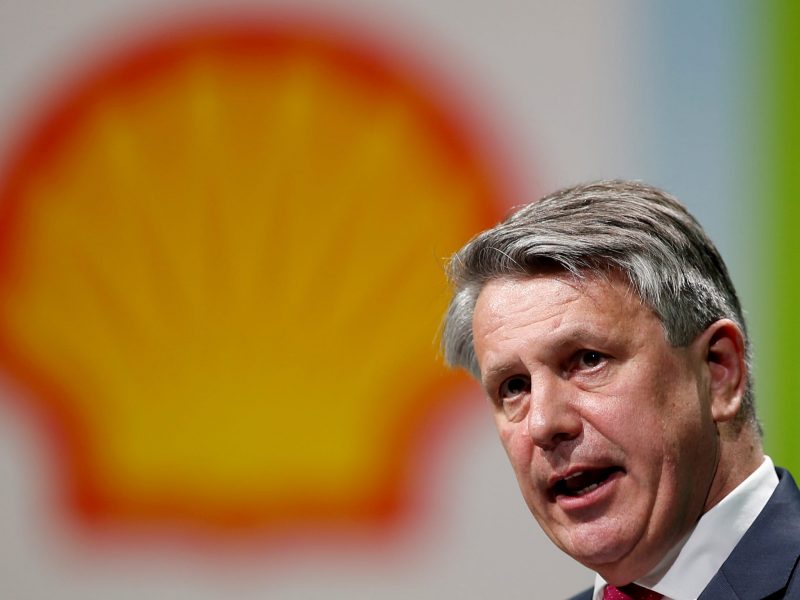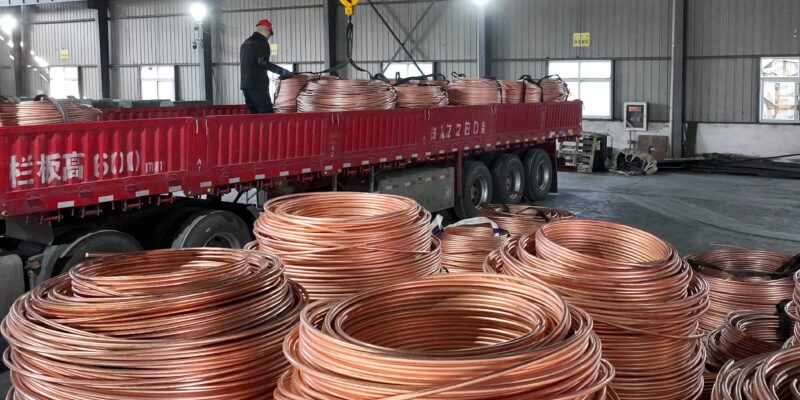- EXCLUSIVE: Norway’s chief representative to EFTA and the EEA says it would be “very difficult” to stand in the way of Britain pursuing a Norweigan-style relationship with the EU.
- MPs will vote next week on whether Theresa May should seek to keep Britain in the single market after Brexit by replicating the so-called Norway model.
- Svein Roald Hansen – the Norwegian Parliament’s chief representative to EFTA and EEA – told BI that politicians in Oslo would support Britain going down this route.
- Norway’s prime minister, Erna Solberg, last month said she’d welcome Britain into the club. Solberg will meet with Theresa May in Westminster today.
- However, Solberg and Hansen are concerned that Britain would want opt-outs.
- Explained: What is the Norway model?
LONDON – Theresa May will today meet with Norweigan Prime Minister Erna Solberg to discuss the current state of Brexit negotiations with just a few months left for British and European Union negotiators to reach a deal.
The visit of a Norweigan prime minister to London has attracted more interest than usual, as a big talking point in Britain is whether it could replicate the so-called Norway option as its Brexit model.
This would involve Britain leaving the European Union but keeping full access to the single market by joining the European Free Trade Association (EFTA), which is a non-EU member state’s ticket to joining the EEA.
Svein Roald Hansen - the Norwegian Parliament's delegate to the EEA and EFTA - told BI this week that a majority of MPs in the Storting, Norway's Parliament, would back letting Britain join EFTA.
Next week, Westminster MPs will vote on an amendment which, if passed, would instruct Theresa May to pursue a soft form of Brexit - known as the "Norway model" - which is gathering support across the House of Commons.
It would be "very difficult" for Norway to say no to Britain replicating the so-called Norway option after Brexit by joining the European Economic Area (EEA), Hansen said.
"Most people will think that if Britain wanted to rejoin EFTA and the EEA, it would be politically very difficult to say no," Hansen, who is an MP for the Norwegian Labour Party, told BI.
Erna Solberg, who May will welcome to Downing Street this afternoon, also said last month that she'd welcome Britain into the EFTA-EEA group, which is currently made up of Norway, Liechtenstein, and Iceland.
"I think we will cope very well if the Brits come in. It will give bargaining power on our side too. And it would ease Norway's access to the UK," Solberg told the FT.
However, Hansen also expressed concern about a possible UK EEA membership, telling BI that he was "very worried" that Britain would demand extensive opt-outs from EEA rules as part of any deal.
His comments come as soft Brexit-supporting MPs in both the Conservatives and Labour prepare to support the EEA amendment, which a big majority of peers in the House of Lords voted for last month.
The case for a Norway-style Brexit has picked up pace over the last few weeks. In April, the Brexit committee advised May to adopt it as her official Brexit fallback option. More recently, MP George Freeman - who used to head May's policy unit - said it's "surely time to start looking" at joining EFTA and the EEA. An Opinium poll published on Monday found that something close to the Norway option was the most popular Brexit model among Brits.
The Norway option also would be the least economically damaging Brexit model, according to the UK government's own research.
'Very worried' about UK demands
While Hansen was supportive of Britain joining the EFTA-EEA club, he expressed concern about what the UK government would demand as part of its membership.
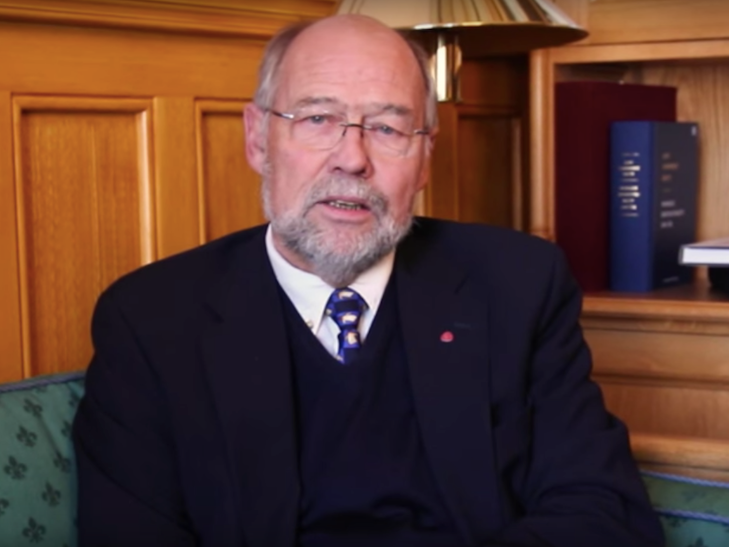
"Our main concern is protecting our agreement with the EU. The question is, would it be difficult with Britain inside?" Hansen told BI.
"Britain has a history of opt-outs when it comes to cooperation. In the EEA, all countries have to agree when it comes to EU rules and regulations. If one country says no [to a rule], then it does not apply to any of the countries.
"We all depend on each other. I would be very worried about that."
Solberg herself expressed this concern on Wednesday morning, telling the Today programme: "If they want to be part of the EEA, we don't want to change the EEA."
Hansen added that while Prime Minister Solberg said she'd be happy for Britain to join EFTA and the EEA, she was not speaking on behalf of the entire Norweigan parliamentarians, as there are MPs in Oslo who oppose the idea.
"The interview came as a surprise to most of us. The government has not discussed it with the parliament here in Norway. I am not sure on what basis she suggested Britain could join the EEA agreement," he said.
Any country wishing to join EFTA must have its application approved unanimously by the EFTA council - ministerial representatives from all four current member states.
One Norwegian parliament source, who wished to remain anonymous, told BI that while both Conservative and Labour MPs have expressed plenty of interest in the EEA Agreement, there is confusion in Oslo over what Britain actually wants.
"In the beginning, there was huge interest in the EEA Agreement, and what learnt was that parliamentarians we spoke to had very little knowledge about our agreements," they said.
"To be honest, it's difficult to understand what the British government wants. That also applies to the Labour Party. They seem to want something as close to EU membership as possible but with opt-outs. That's just not possible."
As BI reported last month, Labour's Brexit team is working on a policy to keep Britain wedded to EU markets through a reformed version of the Norway-model, with a potential opt-out on the free movement of people.

